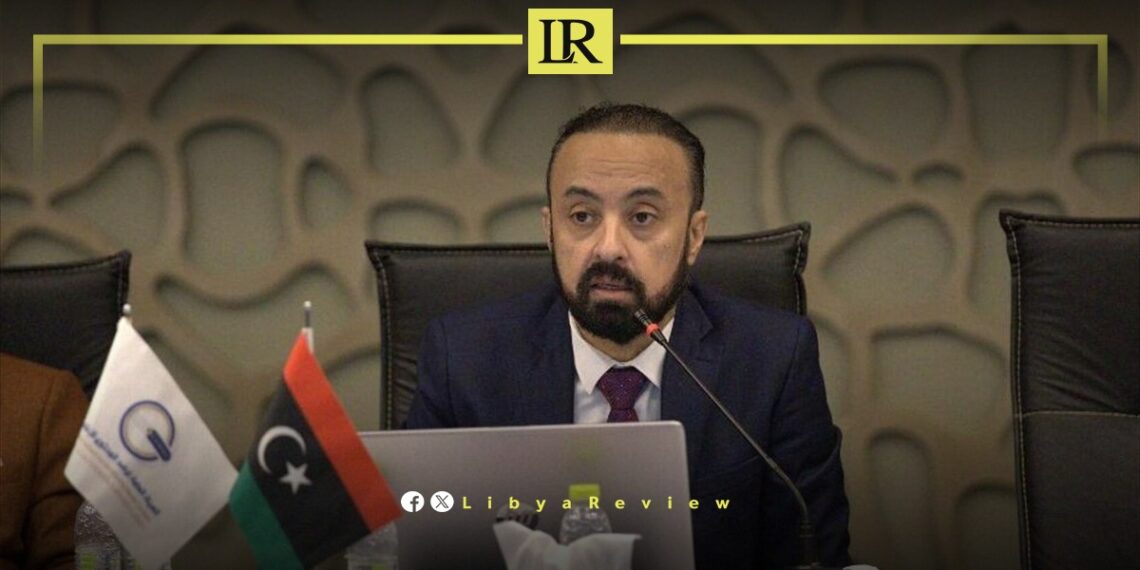Jalal Osman, head of the Libyan Content Monitoring Authority under the Government of National Unity, stated that hate speech and incitement to violence are the most significant violations observed in Libyan media.
Osman explained that Libya continues to suffer from the repercussions of hate speech and incitement to violence, exacerbated by the ongoing division in the country. He noted that experts believe some media outlets have played a role in intensifying these harmful narratives, further affecting a society already plagued by conflicts.
In an interview with Sputnik, Osman elaborated on the role of the authority in monitoring and addressing these issues amid Libya’s challenging circumstances. The Content Monitoring Authority was established based on a proposal from the Media Regulation Committee, which was founded by a decree from the Prime Minister in 2021. The committee, comprising journalists, experts, and civil society representatives, pushed for the creation of an entity to ensure media quality, similar to practices in other countries. Following the committee’s recommendations, the Prime Minister issued Decree No. 752 in 2021, establishing the authority to monitor professional misconduct in media, especially focusing on hate speech and fake news. The authority also trains journalists on ethical conduct and accurate reporting.
Osman highlighted the impact of the authority’s work, citing reports that documented over 20,000 professional violations in its first year, with a significant decrease to 1,527 violations in 2023. This reduction indicates the positive influence of the authority’s monitoring, awareness, and training efforts.
He confirmed that hate speech and incitement to violence are among the most critical violations tracked by the authority, with 5.83% of the violations in the past year relating to hate speech and 2.23% involving threats or calls for violence, war, or crime.
Currently, the authority uses a flexible approach of awareness and training, along with publishing monitoring results. Once fully operational with all necessary equipment, it plans to directly engage with media outlets and issue public warnings.
Osman mentioned ongoing coordination with the Attorney General’s office to establish the authority’s complete structure, including the Evaluation Council. This collaboration aims to enhance the authority’s effectiveness in monitoring and enforcing media standards.
The authority’s work, extending over two and a half years, includes sending non-public reports to offending media outlets. These reports detail the violations and legal descriptions, with all but one institution, which was foreign-funded, showing willingness to improve.
The authority also publishes its annual and specific reports on its website, including statistics on professional misconduct. Although primarily focused on traditional media, the authority is also addressing the impact of social media through initiatives to verify false information.


